Content Marketing in the Age of Big Data: Leveraging Data for Competitive Advantage

Data-driven content marketing is not just a buzzword; it’s a game-changer. In today’s fast-paced digital landscape, where attention spans are shorter than ever, understanding your audience is crucial to creating engaging, relevant content that cuts through the noise. And that’s where big data comes in.
Big data refers to the massive amounts of information generated and collected every second from various sources – social media, website analytics, customer feedback, and other sources of content marketing data. It holds the key to unlocking valuable insights about your target audience and their preferences. By harnessing this wealth of data, content marketers can make informed decisions, optimize their strategies, and deliver personalized experiences.
So why is data-driven content marketing so important? Well, for starters, it allows you to understand your audience on a deeper level through big data content marketing. You can uncover patterns, trends, and preferences that help shape your content strategy. By tapping into the power of big data analytics, you can create content that resonates with your audience and drives real results.
But how can you exactly fit big data into your data-driven content strategy? In this article, we’ll explore the different ways you can leverage big data to take your data-driven content marketing strategy to new heights.
Understanding Your Audience with Big Data
Big data has revolutionized how marketers understand their target audience and use content marketing data. By utilizing the vast amount of data available, businesses can now gather valuable insights that help them create more personalized and targeted content for their data-driven content marketing strategy. Take Amazon, for example. Their personalization algorithms and recommendation engine analyze purchase history and browsing behavior to provide each user with personalized product suggestions. This not only enhances the user experience but also increases the likelihood of making a sale.
Imagine being able to predict exactly what your audience is looking for before they even know it themselves. That’s the power of big data when it comes to using content marketing data. By leveraging this data-driven approach, businesses can tailor their content to meet the unique preferences and interests of their target audience.
But how does big data make this possible? It starts with collecting and analyzing vast amounts of customer data. This includes information such as age, location, gender, interests, and online behavior. Through sophisticated algorithms and machine learning techniques, patterns can be identified and used to create highly personalized content recommendations.
For example, let’s say a customer frequently purchases organic skincare products on Amazon. Based on this data, Amazon’s recommendation engine will suggest other similar products or related items that align with the customer’s preferences. This level of personalization not only increases customer satisfaction but also drives sales by presenting relevant products at the right time.
As you can see, big data enables businesses to gain a deeper understanding of their target audience by analyzing vast amounts of customer data. By leveraging this valuable information, marketers can create more personalized and targeted content that understands their audience’s specific needs and interests.
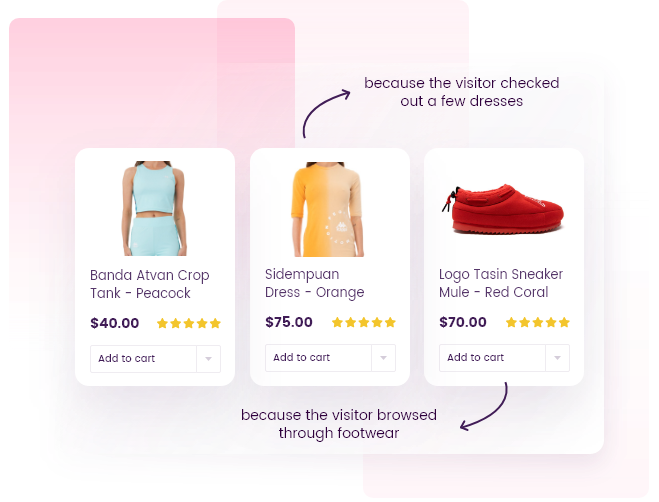
Creating Relevant and Timely Content Marketing Data
When it comes to content marketing, relevance and timeliness are key. You want your audience to be engaged and interested in what you have to say. But how can you ensure that your content hits the mark every time? Enter big data. By leveraging the power of data insights, you can create content that resonates with your target audience and keeps them coming back for more.
One way big data can inform content creation is by identifying trending topics, keywords, and consumer interests. Take Google Trends, for example. This tool provides real-time search data, allowing you to see what topics are currently popular and relevant to your target audience. By analyzing this data, you can uncover valuable insights that can shape your content strategy.
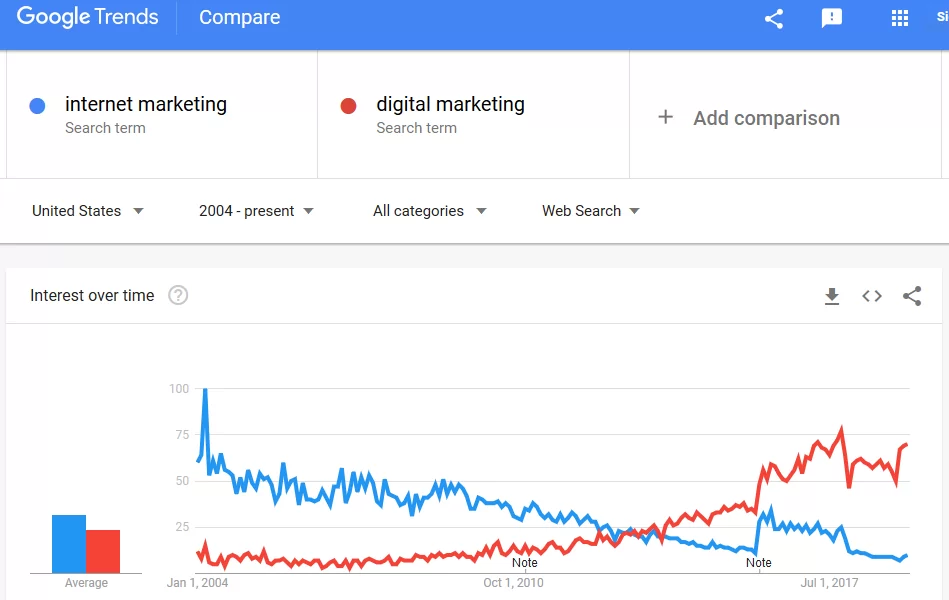
Let’s say you’re a fashion brand looking to create a blog post about the latest summer fashion trends. By using Google Trends, you can see which specific trends are currently gaining traction in the market. Maybe neon colors are all the rage or floral prints are making a comeback. Armed with this information, you can tailor your content to reflect these trends and capture the attention of your audience.
But using Google Trends in your big data content marketing strategy is not just about following the latest fads. Big data can also help you identify long-term consumer interests and preferences. By analyzing user behavior, purchase history, and social media interactions, you can gain a deeper understanding of what your audience truly cares about. This insight allows you to craft content that speaks directly to their needs and desires.
By leveraging data insights, you can stay ahead of the curve, identify trending topics, and tap into the interests of your target audience. It’s time to let the data guide your content creation process and reap the rewards.
Optimize Content Performance Through Data-driven Content Marketing Strategy
One of the most valuable aspects of big data in content marketing is its ability to optimize content performance through data analytics. By tracking and measuring key metrics, marketers can gain valuable insights into their audience’s behavior, preferences, and engagement levels. This data-driven approach allows for continuous improvement and optimization of content strategy.
One example of a powerful data analytics tool is Google Analytics. This platform provides marketers with detailed information about website traffic, user engagement, and conversion rates. It is essential that you include this in your data-driven content strategy.
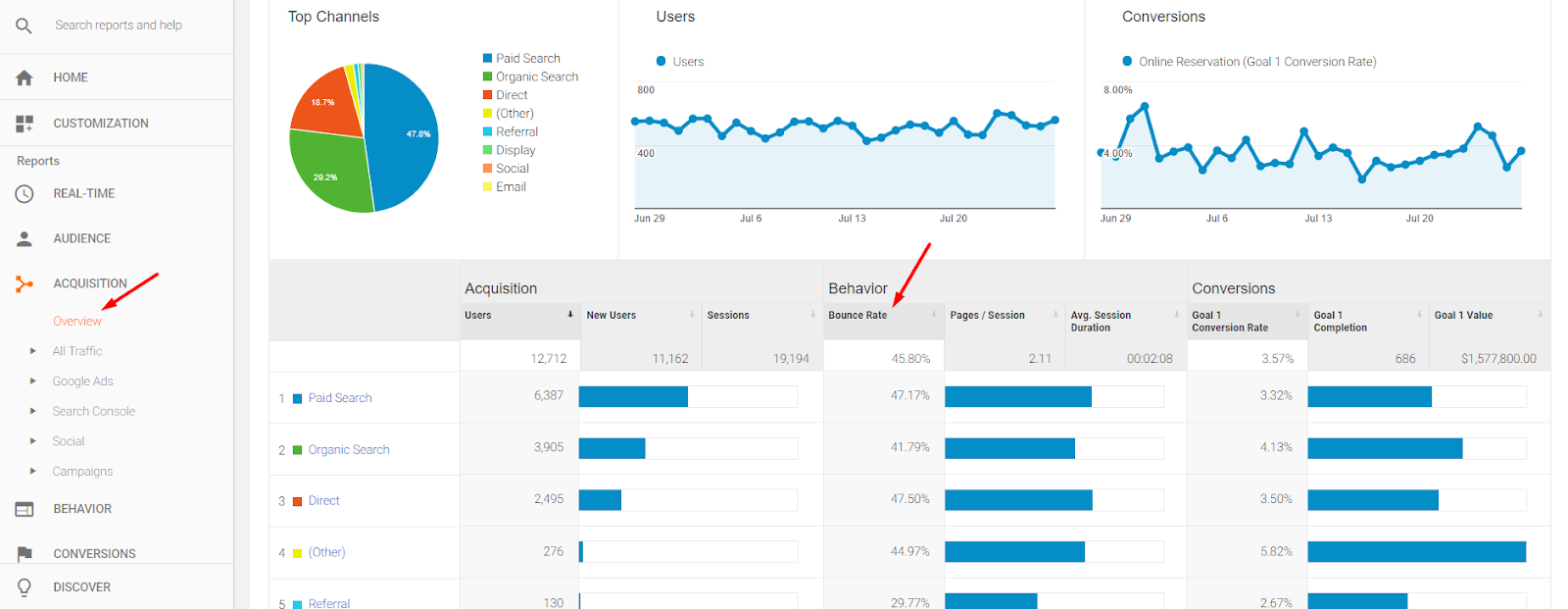
With Google Analytics, content creators can track the number of page views, bounce rate (the percentage of visitors who navigate away from the site after viewing only one page), and conversion rate (the percentage of visitors who take a desired action, such as making a purchase or signing up for a newsletter).
By analyzing these key metrics, marketers can identify patterns and trends that indicate which types of content are resonating with their audience and driving the most engagement. For example, they can determine which blog posts receive the most traffic or which landing pages have the highest conversion rates. Armed with this knowledge, content creators can optimize their strategies by creating more of what works and refining or eliminating what doesn’t.
Personalizing Customer Experiences with Big Data
Big data is not just about collecting and analyzing vast amounts of information; it also plays a crucial role in personalizing customer experiences. By segmenting audiences and delivering targeted content, companies can create meaningful connections with their customers. One prime example of this is Netflix’s recommendation engine.
Netflix’s recommendation engine is powered by big data analytics, which allows the platform to analyze various factors such as user profiles, viewing history, genre preferences, types of devices used, and user feedback. This wealth of data enables Netflix to curate personalized movie and TV show suggestions for its users as a part of its data-driven content strategy.
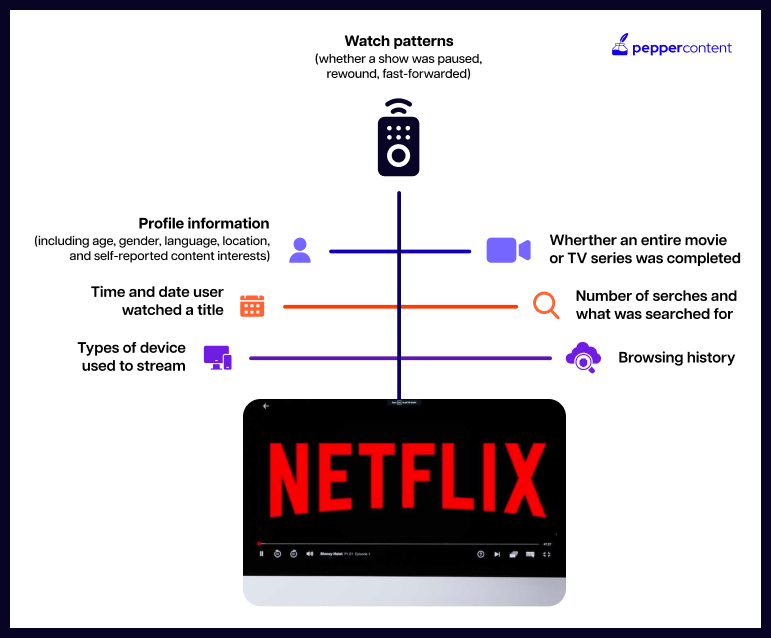
Imagine logging into your Netflix account and being greeted with a selection of movies and TV shows that align perfectly with your tastes and interests. That’s the power of personalized content driven by big data content marketing. For instance, if you frequently watch romantic comedies and leave positive feedback on similar content, Netflix’s recommendation engine will take note of this and offer you more movies and shows within this genre.
By understanding customer preferences, behaviors, and demographics, companies can craft messages that are relevant and compelling to each group. This tailored approach not only boosts engagement but also drives conversions by connecting customers with the products or services that cater to their specific needs.
Big Data Enables Us to Understand Our Audience Like Never Before
In this article, we’ve explored the power of big data in driving content marketing success. By harnessing the wealth of information available through data analytics, marketers can gain a deeper understanding of their audience, create more relevant and timely content, optimize performance, and deliver personalized experiences.
With tools like Amazon’s recommendation engine, we can analyze purchase history and browsing behavior to provide personalized product suggestions. This level of personalization enhances customer satisfaction and increases conversion rates.
Moreover, a big data content marketing strategy helps us create content that resonates with our target audience. Using platforms like Google Trends, we can identify trending topics and popular keywords in real-time. By utilizing these insights, we can tailor our content to match consumer interests and stay ahead of the competition’s data-driven content strategy.
Data analytics also plays a crucial role in optimizing content performance. Google Analytics provides valuable insights into website traffic, user engagement, and conversion rates. Armed with this knowledge, we can make data-driven decisions to fine-tune our content strategy and maximize its impact.
Last but not least, big data empowers us to deliver personalized customer experiences. Netflix’s recommendation engine is a prime example of how analyzing viewing history and user preferences can result in highly targeted movie and TV show suggestions. By segmenting our audience and delivering personalized content, we can foster stronger connections and build brand loyalty.
Looking for well-optimized AI+Human-led content creation? Don’t forget to check out Pepper Content’s writing services.
Latest Blogs
Learn how to rank on AI search engines like ChatGPT, Perplexity, and Gemini by optimizing your content for authority, structure, and relevance. Stay ahead in AI-driven search with this strategic guide.
Explore the best healthcare SEO services for your medical practice. Improve online visibility and effectively reach more patients in need of your services.
Discover top social media agencies specializing in banking solutions, enhancing financial services and driving engagement.
Get your hands on the latest news!
Similar Posts
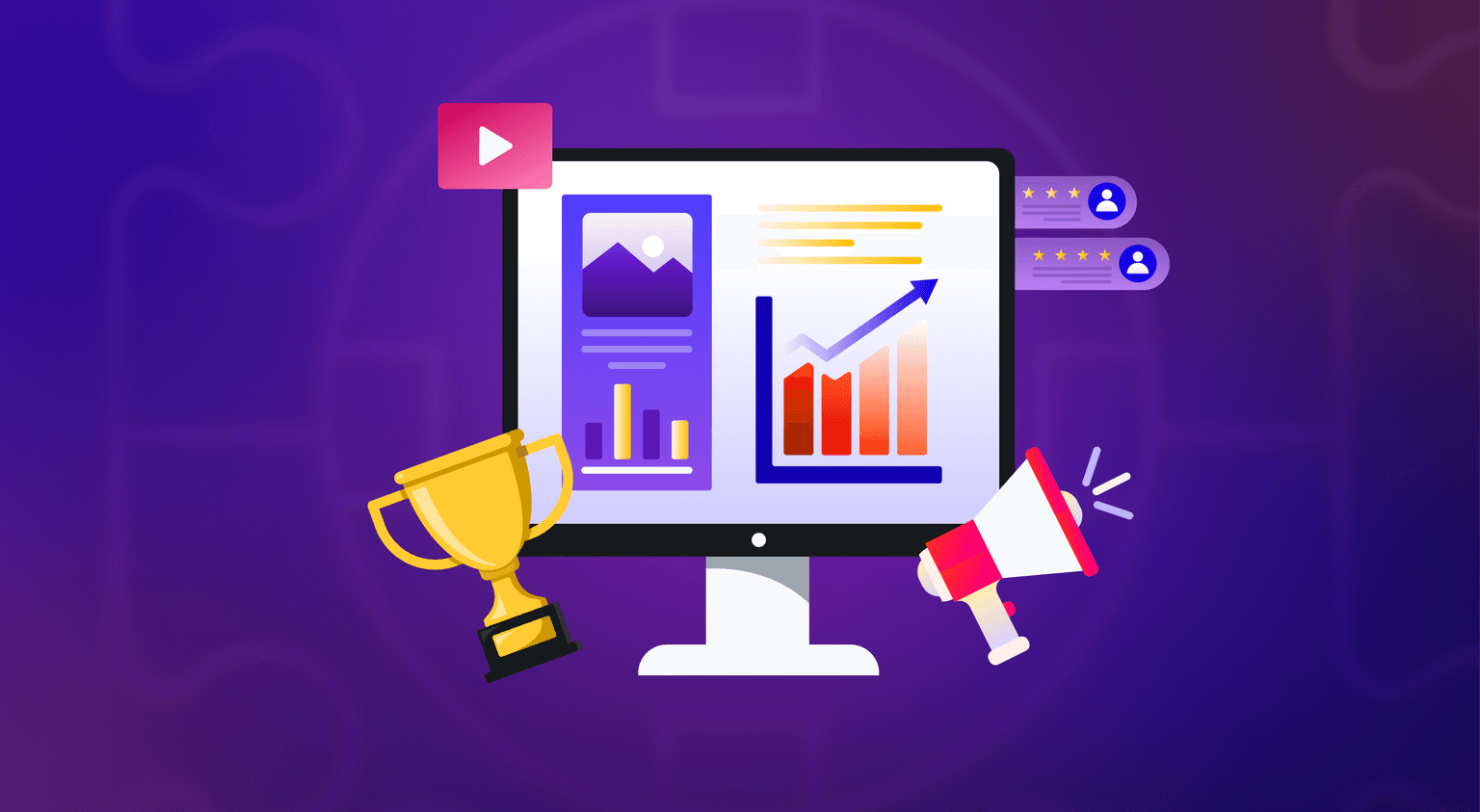
Content Marketing
4 mins read
11 Best B2B Content Marketing Agencies for B2B Companies in 2024

Content Marketing
5 mins read
Top ecommerce Marketing Agencies with Proven Strategies for 2024

Content Marketing
5 mins read